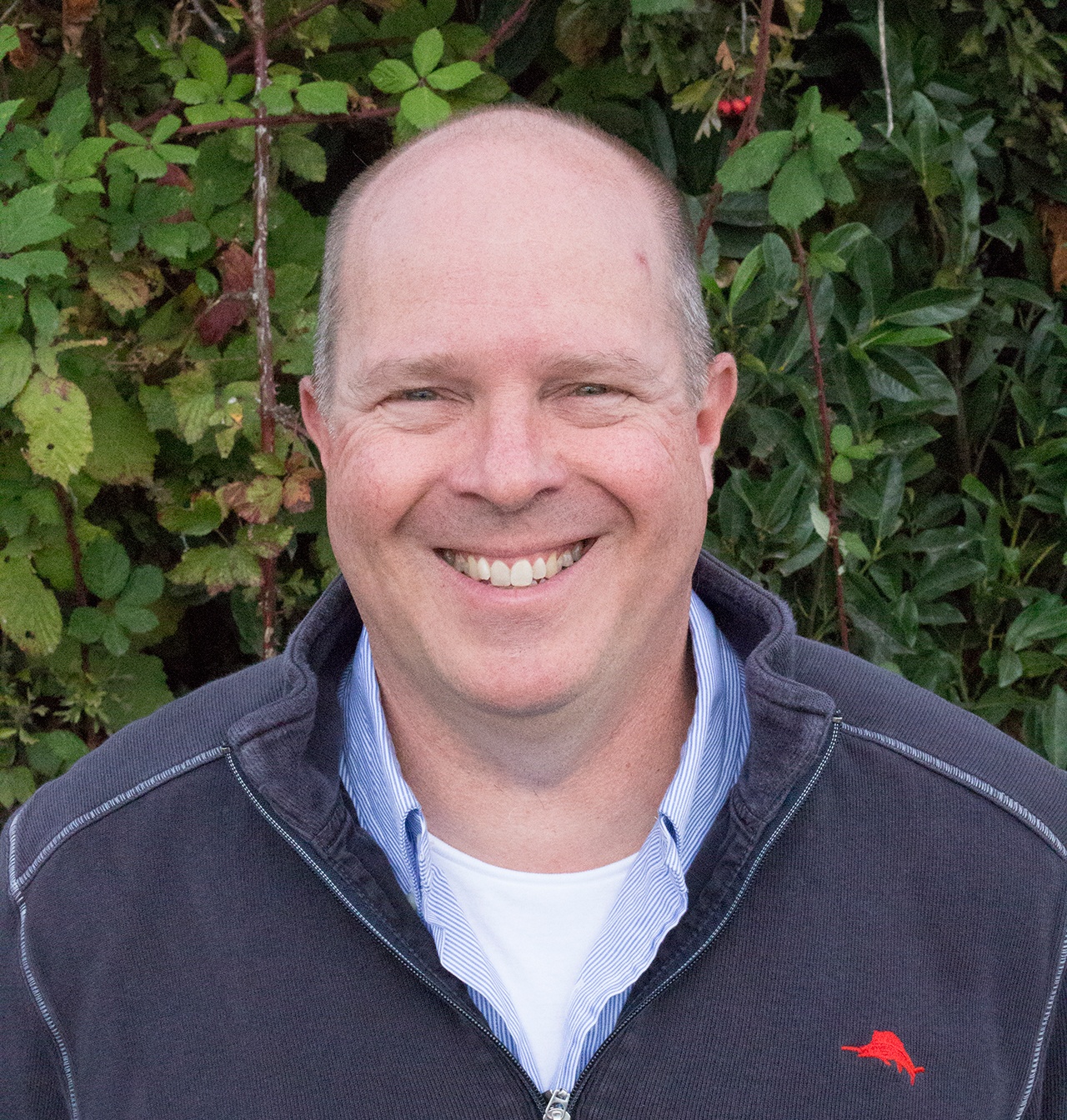Rick Hughes has reached the end of his first four years representing District 2 in the San Juan County Council and is looking forward to the next four.
“The last four years have been really crazy and really great,” said Hughes, who lives on Orcas. “I think the county has moved in a whole different direction from when I started in office.”
Hughes says that the county has taken its customer service mandate very seriously and that the look and feel of the organization has changed as well.
“I feel like we’ve done a really good job of making government more accessible to people,” he said. “We are working to solve some of our problems and make the interaction time with the county significantly better.”
Hughes expressed satisfaction with the many infrastructure projects that were done on Orcas Island over the past year, noting the Dolphin Bay Road chip sealing, reinforcing the county road along the shore of West Sound and the current replacement of the bridge on Channel Road in Deer Harbor.
“I think it’s been a really great year for Orcas,” said Hughes. “In getting money from the state and beginning projects.”
In the upcoming year, the county will begin the Orcas ferry landing park-and-ride and the Prune Alley road improvements.
As part of the county’s six-year transportation improvement program, council approved $710,000 to build a park-and-ride at the Orcas ferry landing. Citing the limited parking available for people walking aboard the ferries, the new lot will feature 80-100 parking spots, with long-term parking available. The lot will also have expanded parking for the handicapped and places for electric vehicles to charge.
The council also approved $2,570,000 toward the improvement of Prune Alley. The roadwork is one of several planned street improvements to occur on Orcas over the next six years. Stormwater runoff mitigation, curbs and parking are all renovations suggested by the Eastsound Planning Review Committee.
Over the past year, the council adopted several ordinances, including the Critical Area Ordinance, Shoreline Master Program, the Park, Trails and Natural Areas Plan, Eastsound Subarea Plan, Lopez Village Subarea Plan and Deer Harbor Master Plan.
“I look at the checklist of all the things the county had to do over the last 20 years, and I feel like we’re sort of checking things slowly off the list of things we needed to do,” said Hughes.
Hughes hopes to maintain and grow relationships the council has created with various institutions.
“We have the best relationship we’ve ever had with the Town of Friday Harbor – at least in a long time,” said Hughes. “I think we’re building our relationships with other taxing districts and how we can work together with them.”
A priority for Hughes in the coming year is to work with federal and state agencies to continue the operation of the Long Live the Kings hatchery on Orcas. He said that the hatchery will no longer receive the $75,000 a year it usually is given from the state. The Washington Department of Fish and Wildlife charges a recreational fishing tax that has been providing partial funding for the hatchery. At the end of 2017, however, the funds will be reallocated to a hatchery farther south, leaving Long Live the Kings high and dry.
“It’s very important not only for our community, but for the orcas,” said Hughes. “I’m going to do whatever I can to get long-term sustainable funding for that hatchery.”
Hughes says he is looking forward to the completion of the expansion at the Friday Harbor Airport that will allow for international flights to Canada. The county promised to pay two-thirds of the cost to upgrade the airport to accommodate international travel and the Town of Friday Harbor was to pay for a third. During the distribution of the lodging tax in November, the program gave the airport $75,000 for the development.
Hughes says transportation is one of his top priorities in the coming year, and he is “proud of the county” for adopting a pilot program that utilizes electric vehicles and promotes walking onto the ferries.
“I’m hoping that we can work with our local, regional, county partners to better develop a mass transit option that will allow our ferry riders to connect with Skagit transit or some similar organization,” he said.
The medical insecurities facing Orcas and Lopez (following the announcement that Island Hospital will no longer contract with local clinics) was also something that Hughes is willing to help tackle – though council has no control over it. On Tuesday, Jan. 10, a group of Lopezians approached the council, asking for a ballot measure to create a hospital district on the island.
“Council can set something on the ballot to get people to vote for a hospital district – but the community itself really has to pull that together,” said Hughes, adding that he would be happy to work with the residents of Orcas in forming a hospital district proposal. “I hope that the different interests involved with medical care on the island can figure out ways to find a common solution for the community.”
In 2017, the county will be constructing a new building to house Orcas Recycling Service’s Exchange building.
“I’m really excited about The Exchange,” said Hughes. “One of the things I’m most proud of is being a part of the process that divested the county of its solid waste responsibilities.”
Along with infrastructure and economic goals for the county, Hughes has set some social goals. In light of the recent presidential election, many cities have come out as sanctuaries for immigrants and become vocal against president-elect Donald Trump’s campaign promise of thinning out the immigrant population.
“We’re not going to support what the federal government does when it comes to immigration and diversity,” said Hughes. “We’re here, we don’t want our communities torn apart and we’re here to support our community.”




